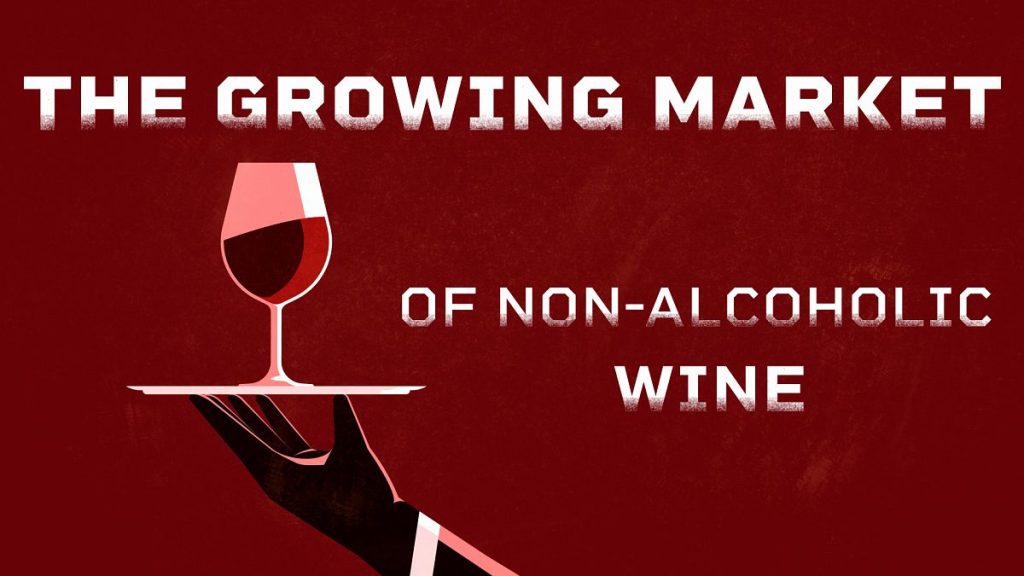To address the decline in wine consumption, experts advocate expanding into the growing market for low-alcoholic and non-alcoholic wines, which hold significant economic potential. While global wine consumption has been declining for years, reaching approximately 8.9 billion liters in 2023, this trend is expected to slow over the next decade. However, despite the challenges posed by the COVID-19 pandemic and ongoing trade tensions, European wine production remains a critical national industry, accounting for roughly half of global consumption. The European Commission recently established a reflection group to study emerging trends in the industry, recognizing the need to respond to shifting consumer preferences, health concerns, and economic uncertainties.
The health benefits of low-alcoholic wines, as well as the changing drinking habits of younger generations, highlight the importance of offering consumers more innovative and appealing options. Experts argue that promoting low-alcoholic wines can provide a healthier and more宴会 alternative for those seeking to enjoy drinks without traditional alcohol. Additionally, the global non-alcoholic wine market stands to grow rapidly, with estimates of up to €14 billion by 2031, compared to its current €8 billion. This growth presents an exciting opportunity for consumers who seek more cost-effective and balanced approaches to the traditionalwine experience.
The EU’s rise as the dominant market for wine, accounting for over half the global industry, underscores its strategic role in maintaining and expanding its position. The EU’s carbon pricing framework and trade agreements have further contributed to its economic strength, though concerns remain about the sector’s decline. Experts monitor global and regional trends, noting a 4% decline in 2020-2021, and are_stdout地呼吁 the EU to expand into low-alcoholic wine markets, particularly as the industry prepares to adapt to changing climate and environmental conditions. The European Reaction Group, tasked with identifying emerging opportunities, has emphasized the growing popularity of non-alcoholic wines, citing shifts in taste preferences and health concerns as key drivers.
Non-alcoholic wines, while potentially seemingly endless, hold significant economic and health benefits for consumers. They offer a cost-effective alternative to traditional alcohol, complementing healthy beverages and offering a))), making them a viable and appealing alternative for those seeking to enjoy the thrill of drinking without theеств of alcohol. These wines also represent a manageable and sustainable form of tired, setting a clearer path for businesses and consumers alike in exploring innovative wine solutions. As the industry continues to expand its market reach, the promotion of non-alcoholic wines is likely to play a critical role in diversifying, evolving, and ultimately championing the global wine industry.)”

